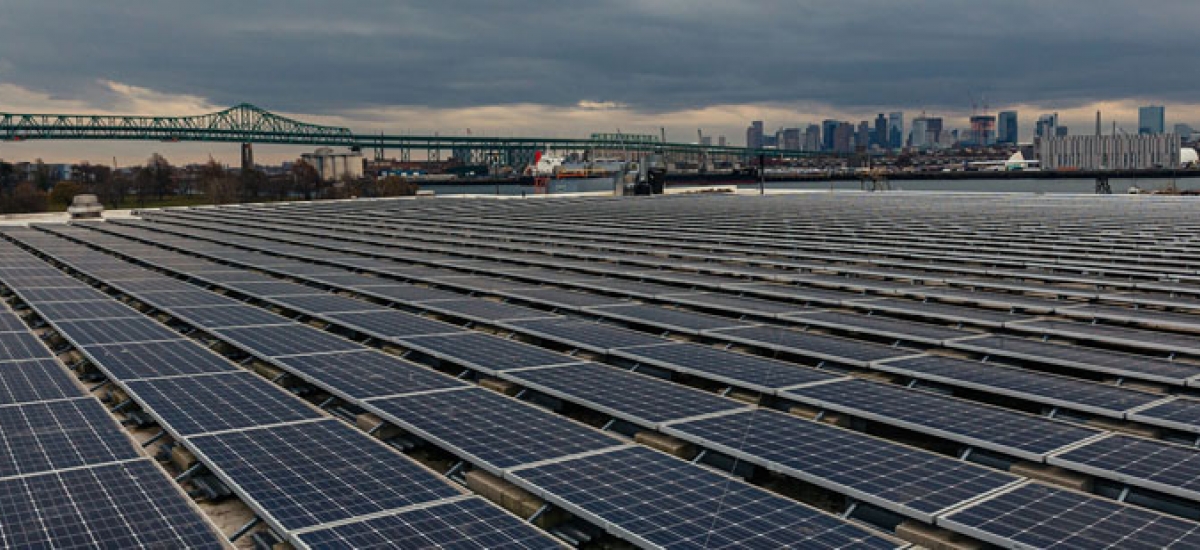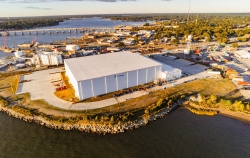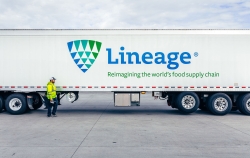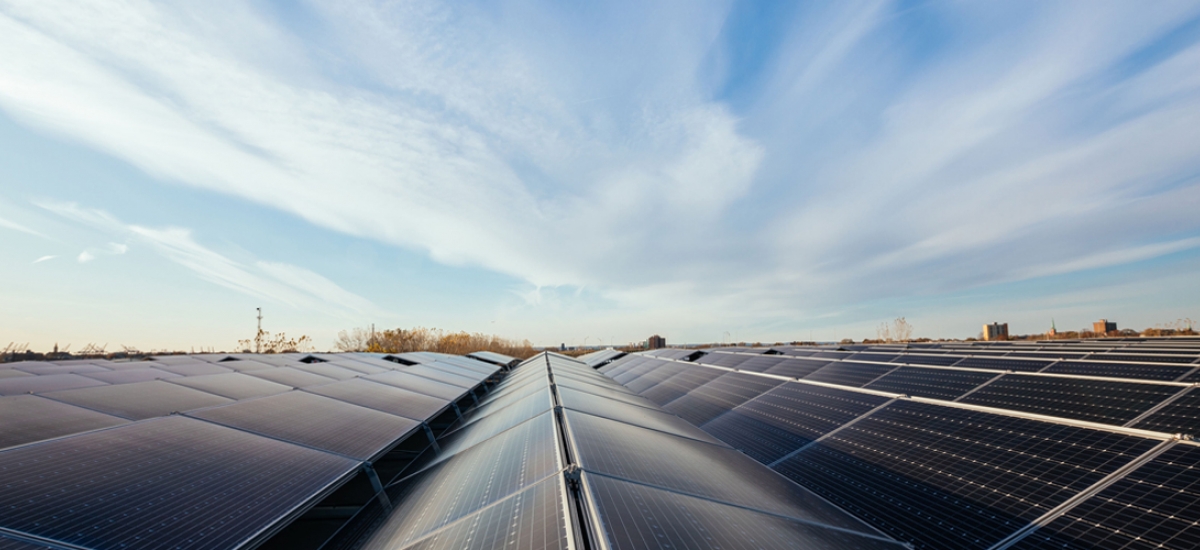2020 Year in Review: Boosting Commitment to Energy Reduction
December 23, 2020
When you’re a leader, you set clear paths for others to follow. As the largest and most dynamic company in the cold storage and logistics industry, Lineage has made energy reduction a top priority. In 2015, we began an ambitious initiative to craft a responsible energy reduction road map with quantifiable and impactful targets that align with our purpose to transform the food supply chain to eliminate waste and help feed the world — and 2020 yielded some incredible milestones.
By combining our deep institutional knowledge with industry-leading transformative thinking, Lineage implemented energy reduction technologies that are achieving dramatic decreases in consumption. For our efforts in 2020, we were recognized by the United States Department of Energy for Outstanding Accomplishments in Energy Efficiency for the second year in a row. We also joined the Department of Energy’s Better Plants Challenge with a commitment to reduce energy intensity by 25% by 2024.
We’re putting serious brainpower into saving energy.
This year, we continued to implement and refine two patent-awarded technologies developed by our data science team.
First let’s talk about flywheeling, an innovation that lowered our energy usage by 34% in the first three years it was implemented. That’s an annual savings of 33 million kilowatt hours.
How does flywheeling work? To start, our team analyzes historical usage, weather and refrigeration data in order to calculate and implement the optimal cooling schedule for a given building. Let’s say we know it’s going to be hot tomorrow. Well, our warehouse will adjust its temperature to levels lower than normal the night before when kilowatt hours cost less and it’s both dark and cool out. This gives the facility the ability to “coast” through the middle of the following day when outside temperatures and energy prices are at their highest — while maintaining the highest standards of food safety. It all adds up to lower energy costs and lower overall energy use. In 2020, flywheeling allowed us to reduce our grid load in energy-stressed areas like Texas and California.
Another energy-saving advancement comes from applying the aerodynamic principles used to shape rockets to make the blast freezing of food more efficient. Blast freezing involves rapidly freezing pallets of fresh, perishable goods before storage and transportation — which is a historically lengthy process. Our latest design cuts the time it takes to do this by 58%. With results like this, we’ve made it a standardized practice across our entire network.
Lineage also continued to grow in 2020 as the world’s leader in automated temperature-controlled cold storage facilitiess. At automated facilities like the new Sunnyvale facility we opened this past year, a smaller footprint and greater density means lower energy consumption, better efficiency and greater environmental sustainability.
The combination of these innovative approaches to savings has allowed us to reduce our total energy costs by 23% over the past three years alone.

reducing energy intensity by 25% by 2024
Our commitment to sustainability will drive results
In addition to our two award-winning advancements as well as our leadership in developing the automated warehouses of the future, we’re constantly looking across all of our facilities to conserve energy. We’re taking actions such as increasing the use of LED lighting, solar panels and smart lighting systems. Installing thousands of sensors within our facilities — connected by AT&T’s Internet of Things — is also giving us the data to identify when and where we can make adjustments to save energy.
Implementing any one of these technologies on their own would help us save energy — but guided by our purpose, they will add up to something greater: a demonstration of our commitment to building a global food supply chain that’s smarter and better for our planet.


